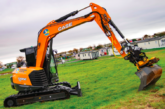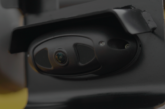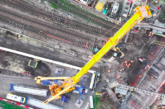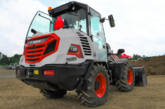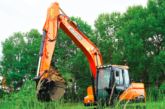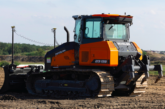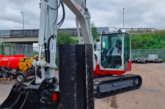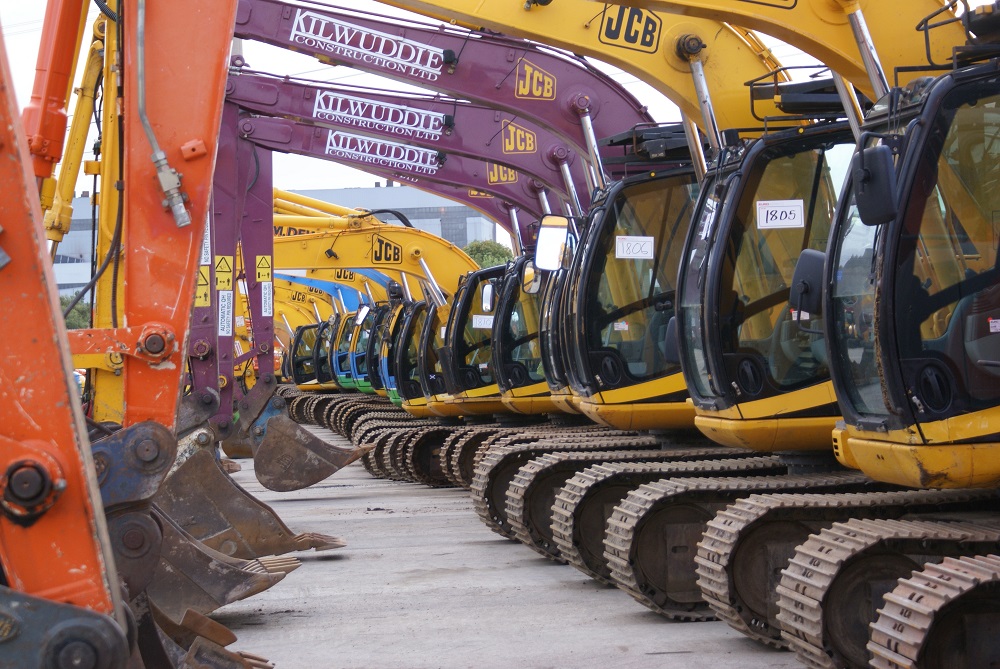
David Betts, the UK country manager for Euro Auctions provides an in-depth look at several excavator features and functions that should be carefully examined prior to purchasing a used example.
Tip #1 – History
The first point to consider is the history of the machine as much as the hours. If the machine has had one or two ‘careful’ owners in its life the hours for a five year old machine may not seem excessive.
If the excavator is three years old but an ex-rental machine then it could have had a lot of different users in its life, but it has only had one owner, and typically been serviced well. It’s all about who owned it and the application it has been worked in that will tell you the likely condition.
Tip #2 – Slew Ring/Pins and Bushings
Check for wear in the moving parts. Start the machine and operate it slowly placing the bucket on the floor then applying pressure. It’s all about slow movements that will allow you to see any play in the machine. Pay close attention to the boom base pin and the slew ring as these are the expensive bits to repair. Expect some movement in the pins in older machines and look to see if the pins and bushes have been greased.
Tip #3 – Exterior Condition
The exterior of the machine should be checked for dents, cracks and bends. On level ground push the bucket out half way and place it on the ground. Get out and stand in front of the machine. Is it sitting flat on the ground? (Better with a ditch bucket on) this will show up any major twisting in the boom and stick. Look at the inside of the stick and boom for damage from heavy use on demolition.
If the machines have lots of stone chips around the cab area this is a sure sign it was used on a breaker. Stand at the back of the machine and look down either side to see if the panels are straight. The most common place for damage on an excavator is the offside rear side panel. Lastly, look under the machine at the belly panels. If these are all dented and twisted you can be sure it’s had a hard life.
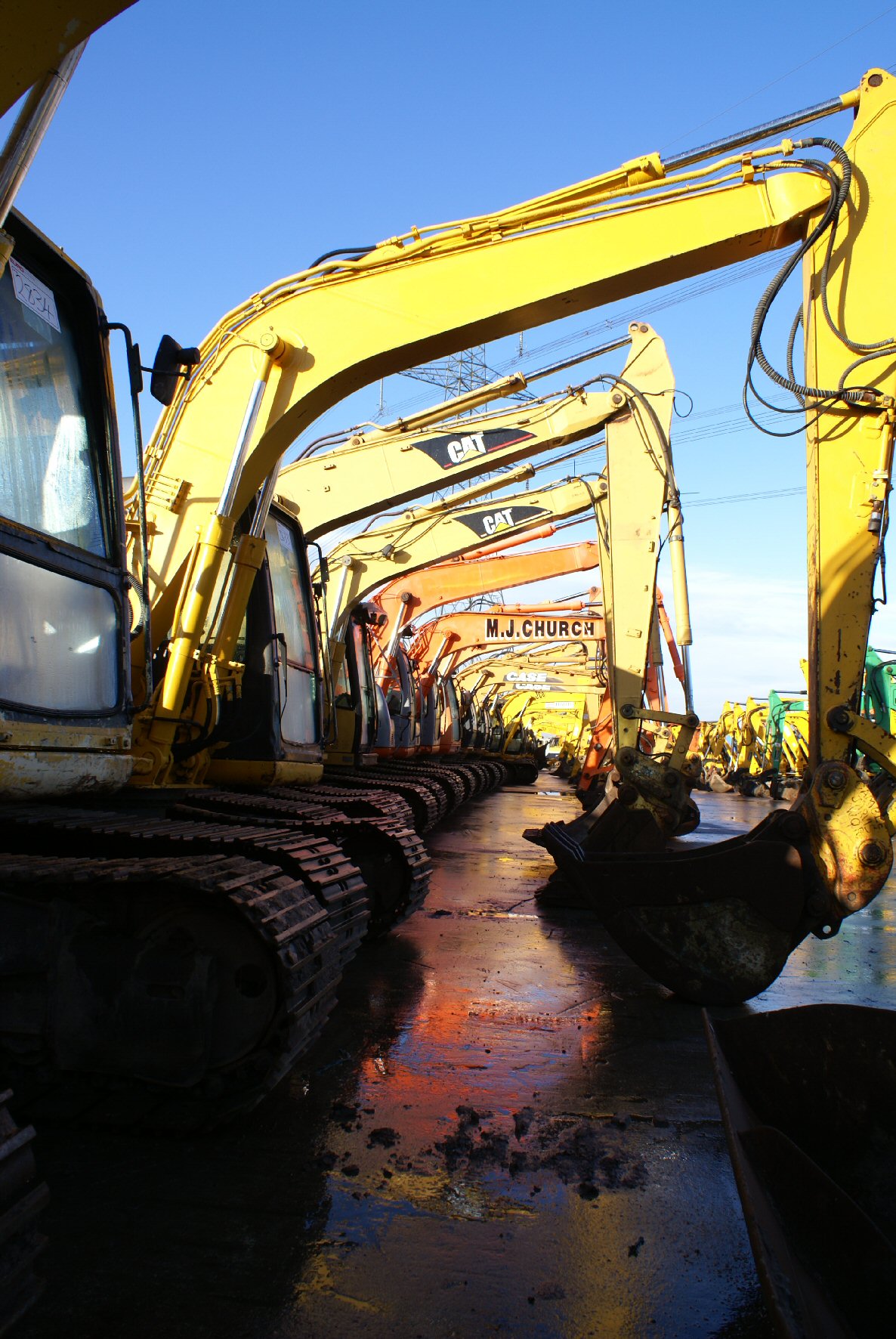 Tip #4 – Hydraulics
Tip #4 – Hydraulics
Crowd up the boom and stick to expose as much of the hydraulic cylinder chrome as possible. Have a look for burs and scrapes. Look for leaking hydraulic oil. Hoses are cheap to replace but metal pipes and components might be expensive.
Check the hydraulic pump compartment for oil on the bottom and for signs of repairs to the pumps. A good user would repair leaks as a matter of course. Perhaps this is another tell-tale sign of how the machine has been looked after!
Tip #5 – Hour Meter
Check the hour meter and consider if it looks to fit with the condition of the machines. In almost every instance this will be enough but if it looks wrong investigate the filters as they may be marked with the next service hours. If you are really not sure then the manufacturer will keep a warranty record with hours.
Tip #6 – Bucket & Attachments
What buckets does it come with? This will impact the price. A machine with a full set of buckets will save you a lot of hassle and expense. The bucket teeth should be examined to see if they are worn as well as the cutting edge between the teeth. If you plan to run a breaker or other attachments does it have hydraulic lines to service them?
Tip #7 – Parts & Service
The model of the excavator you choose should be researched. Think about whom you have available to service the machine and which manufacturer is strong in your part of the world. Spare parts are readily available by post but if the machine breaks down and becomes inoperable you will need local service. For mainstream brands this is less of a problem but even in the UK some manufacturers have gaps in there service offering.
Tip #8 – Tracks
Check the track pads. Do they have any depth? Are they all there and straight? Check the sprockets, idlers and rollers for wear. Check the rollers for collapse bearings. Now look at the track chains with the engine off. Feel the pins for wear.
Are they round or not? Then look at how far out the idler is on the machine. This is a sign of pin and bush wear. In our yards there are always lots of machines to compare against. Tracks are expensive, so mark down the price of a machine with worn tracks.
Tip #9 – Price
Excavators hold their value well and, whilst a lot of emphasis is based on the hours, additional factors may come into play when determining the value of used excavators. This includes: the year the model was made, overall condition, service records, as well as the demands of the global market and currency.
We sell thousands of excavators every year so look at our website to get pricing to help you make a good decision! If you need some more advice at our auctions ask one of our staff who will be happy to help you.
Tip #10 – Start Your Engines!
Start the machine, getting it up to operating temperature and listen for unusual engine noises. Check for excessive exhaust smoke. Step out of the cab and open the engine compartment to check for breathing.
Check for oil leaks around the engine and in the bottom of the engine compartment. Examine all fluid levels and coolant levels, noting the oil condition and checking for water in the engine oil. See if the filters show current dates and are in good condition.
Make several simulated digging cycles with the boom, stick and bucket. Swing the boom left and right, extending the stick, opening and closing the bucket. Operate the blade up and down. Raise the front of the machine with the blade. Swing the upper body to the left and right, again checking for hesitations.
Run the machine in forward and in reverse and turn left and right with the tracks. Are the controls operating smoothly?
While the machine is running, check the operation of all controls and gauges. If the cab is enclosed, operate the air conditioning and note any glass, mirror or door latch problems. Finally check whether the window wipers work along with external lights.
Time to Bid or Buy!
At Euro Auctions we run live parade style auctions. You can tell a lot from just from looking carefully as each machine comes on to the ramp for sale. Is it breathing or smoking is it excessively noisy?
For further guidance on buying a used excavator or to find out what machines are coming up for auction in the near future visit www.EuroAuctions.com

